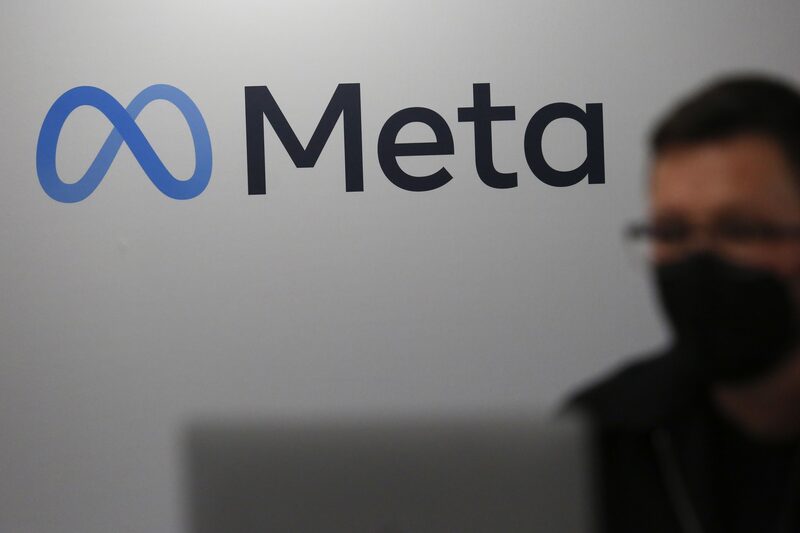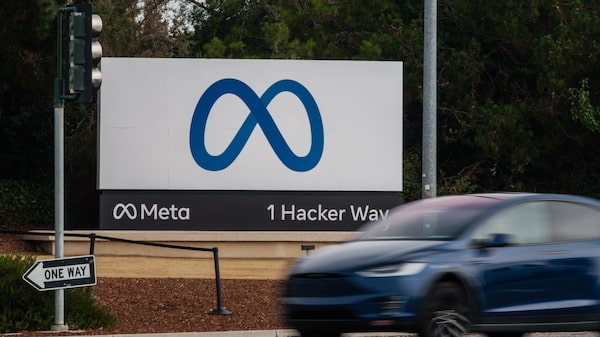Bloomberg — Meta Platforms Inc. (FB) warned that it may be hit by hefty data-protection fines in the European Union when privacy watchdogs wrap up probes into the social network giant.
The Facebook owner said in its first-quarter report that it has “accrued significant amounts for loss contingencies” linked to probes under the bloc’s tough General Data Protection Regulation.
“We believe there is a reasonable possibility that additional accruals for losses related to these matters could be material in the aggregate,” the company said.
GDPR took effect in 2018, empowering authorities to issue fines of as much as 4% of a company’s annual sales. The rules put the regulators in charge of monitoring violations and investigating complaints, and also turned Ireland’s watchdog overnight into the lead regulator probing a handful of all powerful U.S. tech firms --such as Meta -- that have an EU base in the country.
Meanwhile Meta said it welcomed a EU-U.S. political deal on a new data-transfer pact, which could potentially avoid a doomsday scenario for firms that rely on free flows of information across the Atlantic.
The EU and U.S. agreed in principle to a new accord after a previous arrangement was struck down due to concerns over the power of American agencies to snoop on the information without adequate privacy safeguards.
Meta said the Irish data-privacy watchdog may issue a key decision on use of so-called standard contractual clauses “as early as the second half of 2022.”
The clauses are a workaround that allowed data to flow, but their use has sparked similar concerns over U.S. snooping.




